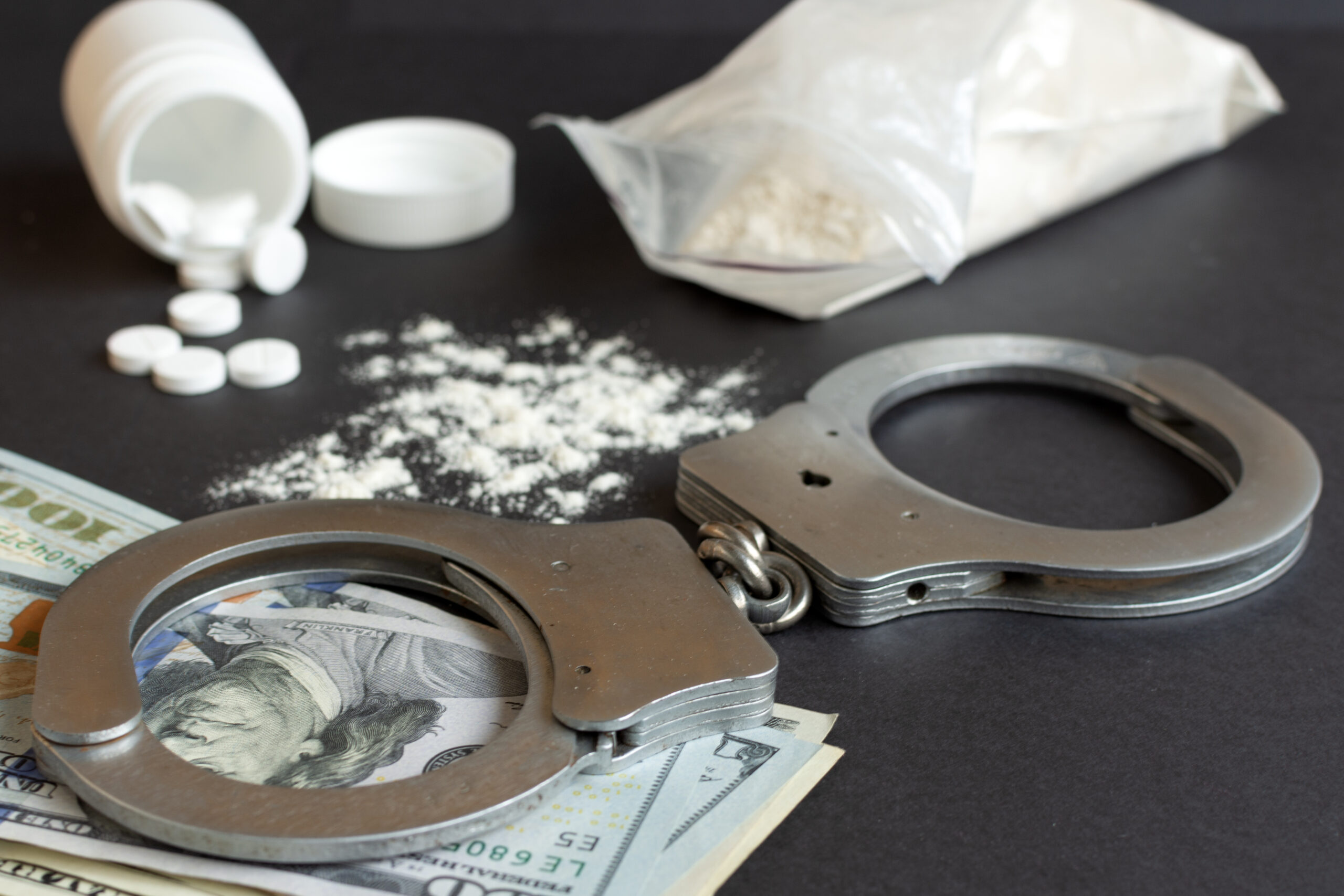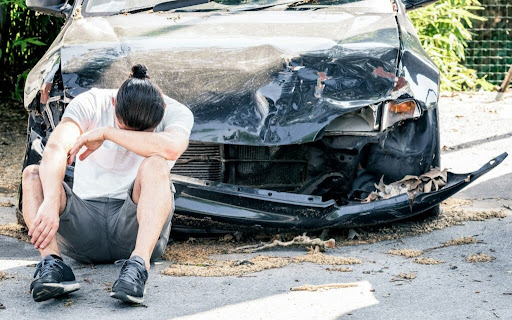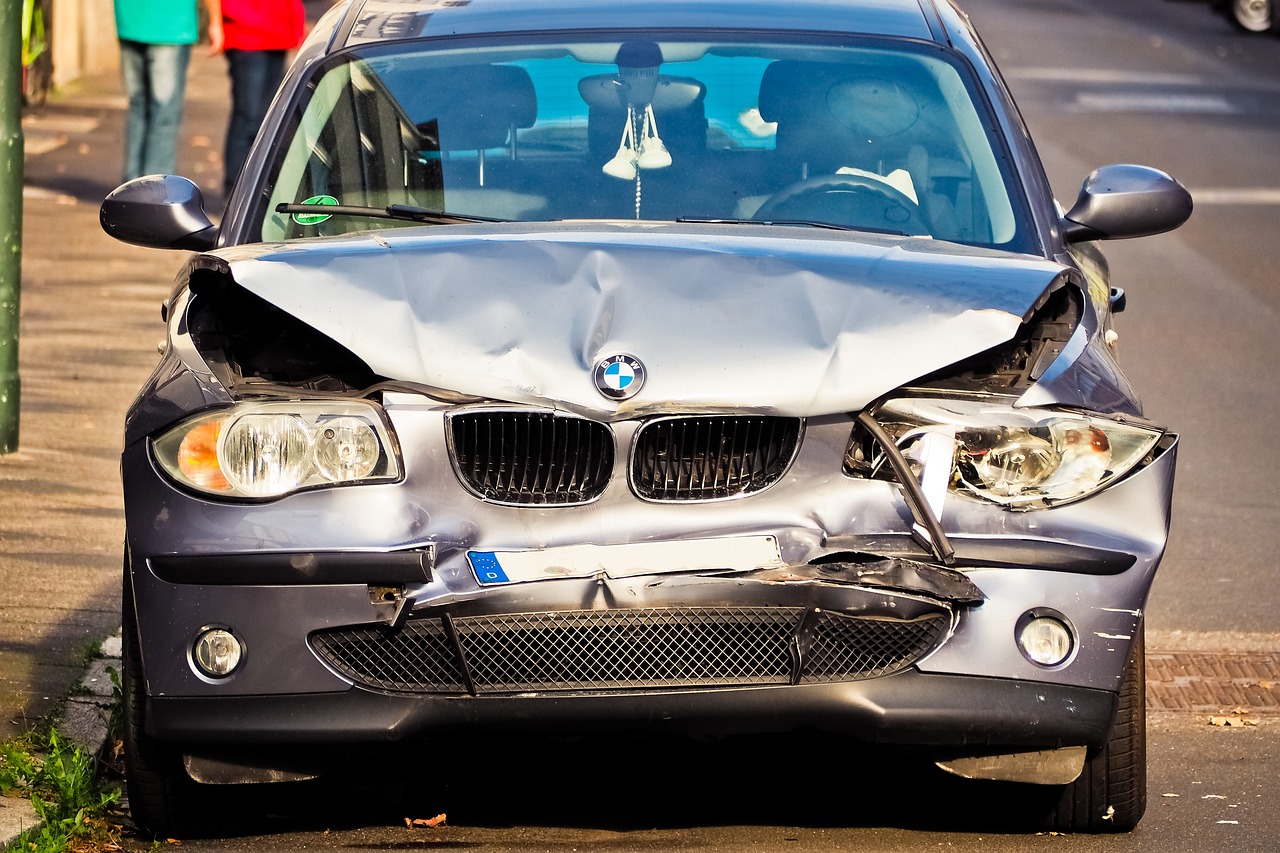Now Reading: Navigating the Complexities of Drug Decriminalization After Rehab
-
01
Navigating the Complexities of Drug Decriminalization After Rehab

Navigating the Complexities of Drug Decriminalization After Rehab
The shifting legal landscape surrounding drug use and possession can be confusing, especially for individuals in recovery. Across the United States and in many parts of the world, drug policies are evolving, with many jurisdictions moving toward decriminalization rather than outright legalization. For those leaving rehab and working to maintain sobriety, understanding these legal changes is crucial. While decriminalization might suggest a softer approach to drug offenses, it doesn’t necessarily mean drugs are legal or without consequences.
This article explores the key differences between legalization and decriminalization, the legal considerations individuals should be aware of, and the changing attitudes toward drug use—all through the lens of someone who has gone through treatment and is re-entering society.
Decriminalization vs. Legalization: Understanding the Distinction
One of the most common misconceptions about drug law reform is that decriminalization and legalization are the same thing. However, these two approaches to drug policy have vastly different implications:
Legalization
- Legalization means a drug is fully permitted under the law, often regulated similarly to alcohol or tobacco.
- Once a drug is legalized, individuals can use, buy, or sell it without fear of criminal charges, provided they follow regulations (such as age restrictions or licensing requirements).
- In places like Colorado and Oregon, marijuana is not only decriminalized but fully legalized, meaning businesses can sell it, and consumers can buy it openly.
Decriminalization
- Decriminalization means that while a drug is still technically illegal, law enforcement will not arrest or prosecute individuals for possession in small amounts.
- Instead, possession may result in a civil fine, mandatory education, or referral to a treatment program rather than jail time.
- This approach is designed to reduce the burden on the criminal justice system while encouraging a public health-centered response to drug use.
For those in recovery, this distinction is critical. While drug decriminalization and legalization efforts might make possession less risky in terms of legal consequences, it doesn’t mean drugs are risk-free or legally available for purchase.
Legal Considerations for Those in Recovery
For individuals coming out of rehab, decriminalization presents a unique set of legal concerns. Here are a few key factors to keep in mind:
1. Possession Still Has Consequences
Even in decriminalized areas, possessing drugs can still lead to consequences. Many states issue civil fines for possession of small amounts of certain drugs. In some cases, repeated offenses can lead to escalating fines, mandated treatment, or probation-like conditions.
For someone in recovery, getting caught with a decriminalized drug could still trigger legal obligations, such as attending a drug education course or appearing in court. These consequences can interfere with work, housing, and personal progress in recovery.
2. Employment Considerations
Drug decriminalization does not mean employers must accept drug use. Many workplaces still conduct drug testing, and failing a test can result in job loss or hiring disqualification. Even in states where marijuana is legal, employers often maintain strict zero-tolerance drug policies.
For those re-entering the workforce post-rehab, understanding company policies on substance use is essential. Some professions, such as healthcare, transportation, and government jobs, have federal restrictions that override state-level decriminalization efforts.
3. Parole, Probation, and Court Orders
Many individuals leaving rehab are under legal supervision, such as probation, parole, or court-ordered treatment. Decriminalization does not override these legal conditions. If a court order requires someone to stay completely drug-free, even decriminalized substances could lead to violations, re-arrest, or extended legal consequences.
For those navigating the legal system post-rehab, consulting with an attorney or probation officer is crucial to avoid unintended legal setbacks.
4. Driving and DUI Laws
Decriminalization does not extend to driving under the influence (DUI). Even if a drug is decriminalized or legal, operating a vehicle while impaired remains illegal in all 50 states.
Marijuana, for example, has been decriminalized or legalized in many places, but there are still strict DUI laws related to its use. For individuals in recovery, it’s vital to understand that getting behind the wheel while impaired—whether from legal prescription medications, marijuana, or other substances—can result in severe legal consequences.
5. Housing and Tenant Rights
Many landlords and housing programs have strict no-drug policies. While decriminalization may prevent law enforcement from making arrests for small drug offenses, landlords can still refuse to rent to tenants who are caught using drugs.
For individuals in sober living homes or halfway houses, the use of any substances—even decriminalized ones—can lead to eviction. Understanding these rules is essential for maintaining stable housing after rehab.
Changing Attitudes Toward Drug Use: What It Means for Those in Recovery
Decriminalization efforts are often part of a larger harm reduction approach to drug policy. This shift in attitude prioritizes treatment and support over punishment. However, for people in recovery, this changing landscape presents both opportunities and challenges.
A More Compassionate Approach
One of the biggest benefits of decriminalization is the reduction in stigma around addiction. As more states treat substance use as a public health issue rather than a criminal offense, more resources become available for treatment and recovery.
The Risk of Normalization
However, for individuals in recovery, there is also a risk of normalization. With the growing acceptance of certain substances, social pressure to use drugs recreationally may increase. Seeing friends, co-workers, or even public figures use substances with little legal consequence can create additional challenges for maintaining sobriety.
Increased Access to Treatment
In some cases, decriminalization efforts include expanded access to addiction treatment programs, such as IOP programs in Georgia, state-funded rehab, and harm reduction services. For individuals struggling with relapse or ongoing cravings, these expanded resources can be a critical safety net.
Advocacy and Policy Involvement
Many people in recovery become involved in advocacy efforts to shape future drug policies. Whether advocating for stronger rehab funding, improved harm reduction programs, or clearer legal protections for people in recovery, staying informed about policy changes can be empowering.
Conclusion: Staying Informed and Protecting Your Recovery
Drug decriminalization is a complex and evolving issue. For individuals leaving rehab, understanding the legal implications, potential risks, and shifting social attitudes is crucial.
While decriminalization may reduce criminal penalties, it does not mean drugs are risk-free or universally accepted in all settings. Legal issues related to employment, housing, and personal freedom can still arise. Staying informed, seeking legal guidance when necessary, and prioritizing recovery-focused decision-making will help individuals navigate this changing landscape successfully.
If you’re re-entering society after rehab, make sure to stay up-to-date on your state’s drug laws, connect with support groups, and consult legal experts when needed. Decriminalization may be changing the conversation around drug use, but for those in recovery, staying informed is the best way to stay on track.










